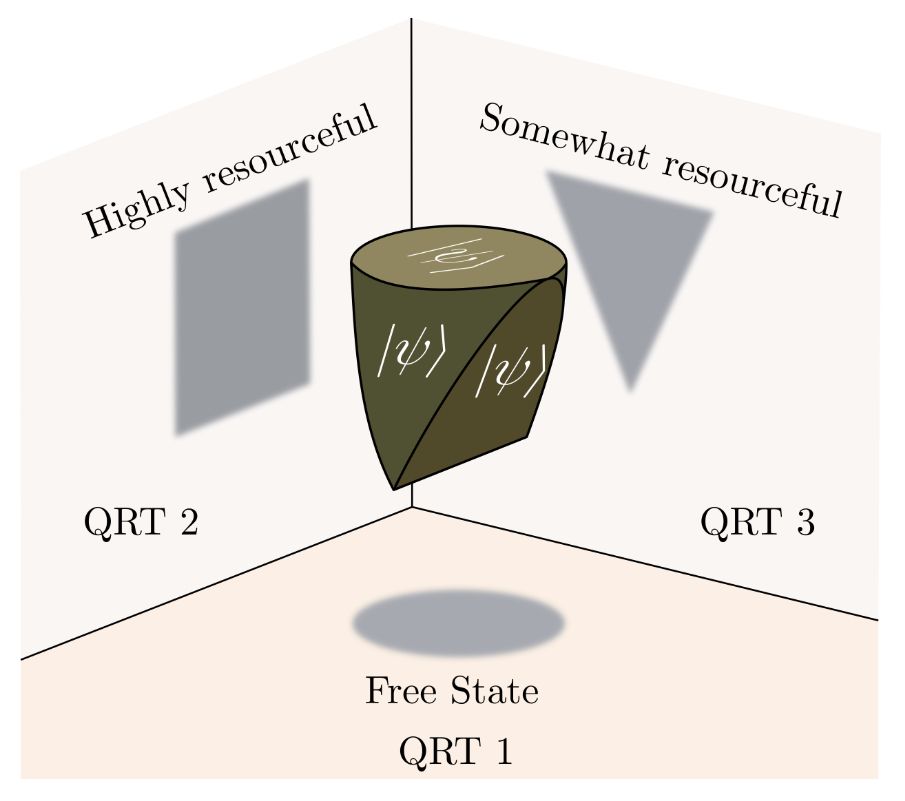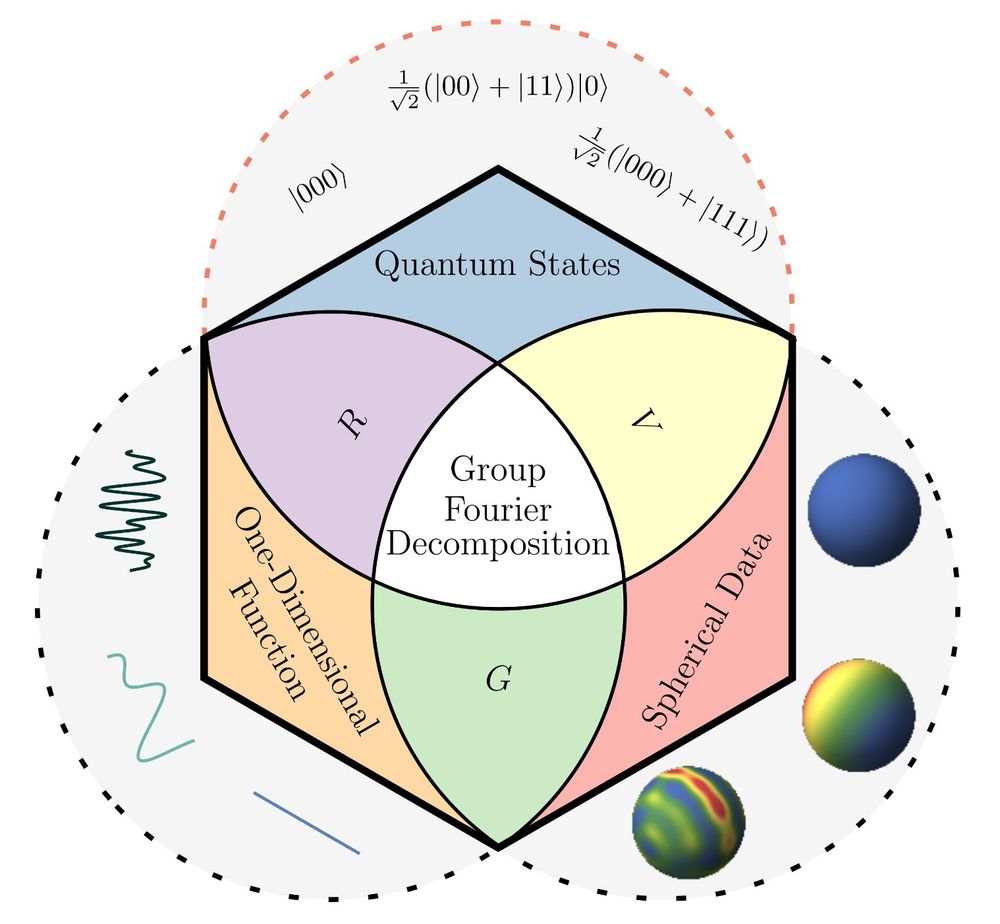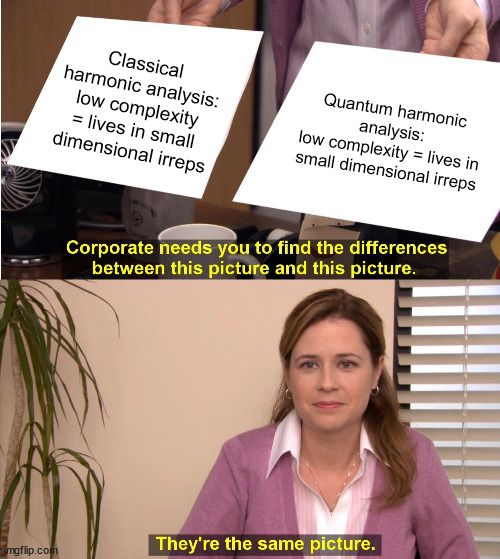
To be honest I have always found LOCC extremely confusion (separable a little less so), but making the leap of faith straight to SLOCC was the saving grace for us.
To be honest I have always found LOCC extremely confusion (separable a little less so), but making the leap of faith straight to SLOCC was the saving grace for us.
Its a simple idea which leads to cool results, and the paper is packed with Haar integrals and numerics!

Its a simple idea which leads to cool results, and the paper is packed with Haar integrals and numerics!
- Simulating quantum physics and chemistry
- Breaking current public-key encryption (RSA, DH, ECC)
- Eventually, modest (square-root) speedups from Grover
- We’ll have to get lucky for most other applications!
(The world has been systemically lied to about this)
- Simulating quantum physics and chemistry
- Breaking current public-key encryption (RSA, DH, ECC)
- Eventually, modest (square-root) speedups from Grover
- We’ll have to get lucky for most other applications!
(The world has been systemically lied to about this)
Indeed, low resource state are VERY compressible!
Indeed, low resource state are VERY compressible!
Across all of these we find:
Low/high resource = live in small/high dimensional irreps
Across all of these we find:
Low/high resource = live in small/high dimensional irreps



